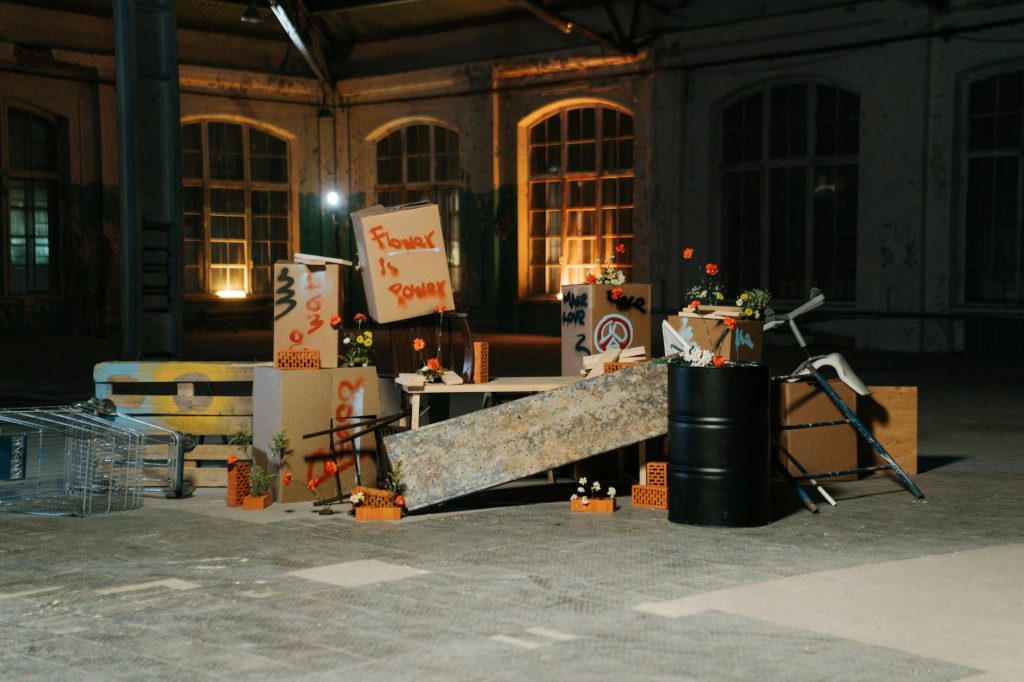- The IoT Integration Process in Manchester
- Improving Operational Efficiency and Environmental Impact
- Citizen Engagement and Behavior Change
- Conclusion
Embracing the IoT Revolution: Manchester’s Effortless Urban Recycling Solution
In the modern era, the Internet of Things (IoT) has revolutionized how cities can enhance sustainability and efficiency in various sectors, one of which is urban waste management. Manchester, a bustling city in the UK, has embraced this innovative approach to revolutionize its recycling system. By integrating IoT technology into its infrastructure, Manchester has developed an effortless urban recycling solution that not only benefits the environment but also improves the overall quality of life for its residents.
The IoT Integration Process in Manchester
The journey towards implementing an IoT-driven recycling system in Manchester began with the city’s commitment to sustainability and innovation. By leveraging IoT sensors, smart bins, and data analytics, Manchester created a connected network that streamlined the waste collection process. These smart bins equipped with sensors can detect the fill level of each bin in real-time, enabling waste management companies to optimize collection routes and schedules efficiently.
Improving Operational Efficiency and Environmental Impact
One of the significant benefits of Manchester’s IoT-driven recycling solution is the enhancement of operational efficiency. By accurately monitoring the fill levels of bins, waste collection trucks can prioritize their routes based on actual demand, thus reducing unnecessary trips and minimizing carbon emissions. This optimization not only saves time and resources but also contributes to the city’s overall sustainability goals.
Moreover, by encouraging residents to actively participate in recycling through IoT-enabled bins, Manchester has successfully increased recycling rates across the city. The real-time feedback provided by the smart bins empowers residents to make informed decisions about their waste disposal habits, leading to a significant reduction in landfill waste and a more sustainable environment for future generations.
Citizen Engagement and Behavior Change
Another crucial aspect of Manchester’s IoT recycling solution is its focus on citizen engagement and behavior change. Through the use of mobile apps and interactive platforms, residents can access valuable information on recycling guidelines, collection schedules, and environmental impact assessments. This level of transparency and communication fosters a sense of community involvement and empowers individuals to take ownership of their recycling habits.
By gamifying the recycling process and rewarding residents for their eco-friendly actions, Manchester has successfully motivated its citizens to actively participate in recycling efforts. Through real-time feedback and personalized incentives, the city has been able to instill a culture of sustainability and environmental consciousness within its population, making recycling a seamless and rewarding experience for all.
Conclusion
In conclusion, Manchester’s IoT revolution in urban recycling exemplifies the power of technology in driving positive change and creating sustainable solutions for modern-day challenges. By embracing IoT integration, the city has not only optimized its waste management processes but also fostered a culture of environmental stewardship among its residents. As other cities around the world look to Manchester as a model for smart and efficient recycling systems, it is evident that the IoT revolution is shaping the future of urban sustainability in a profound and impactful way.



